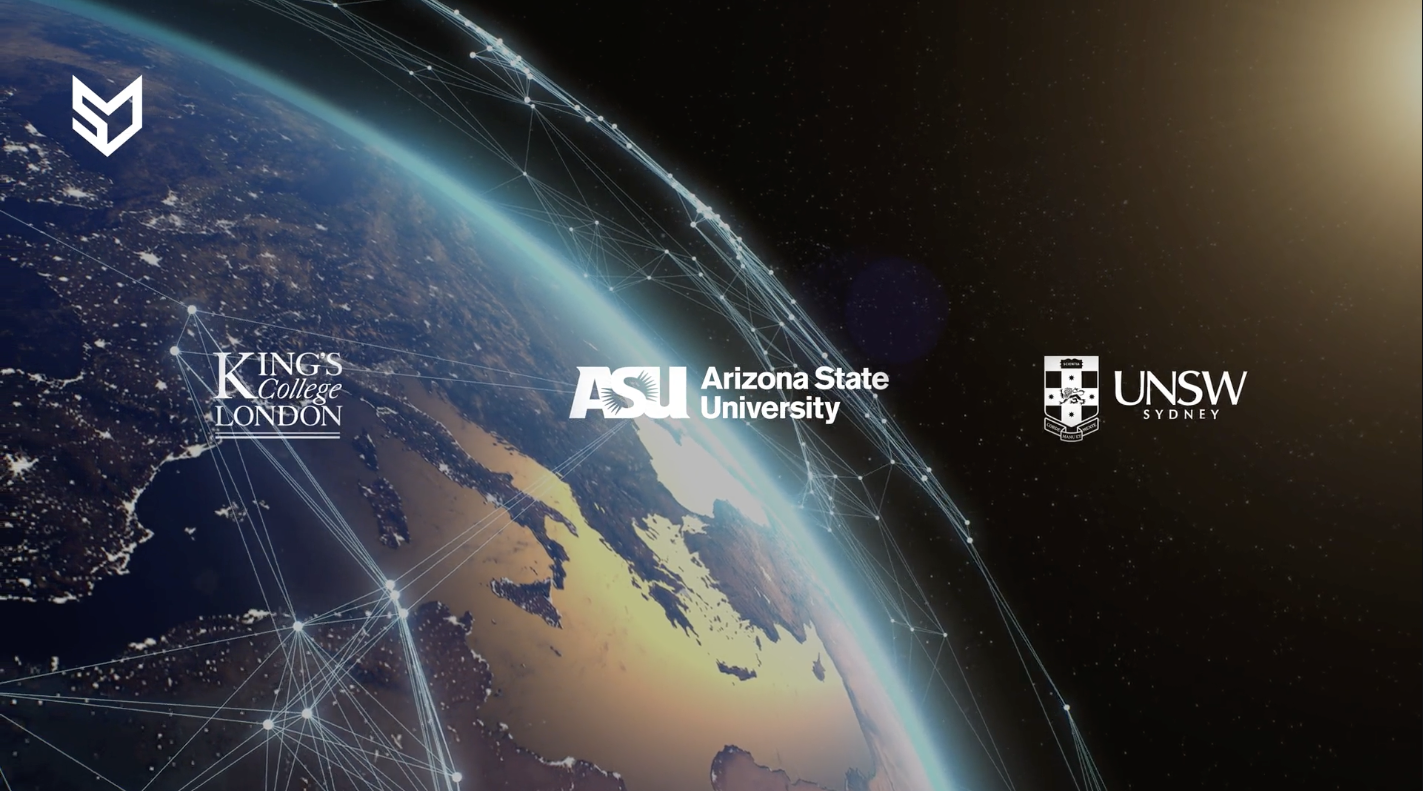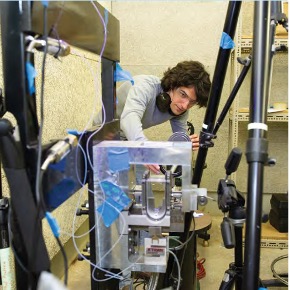Arizona State University and Devex, the media platform for the global development community hosted a hackathon, open to universities from anywhere in the world. Thirty-seven teams from twenty countries across six continents, participated including Australia, Brazil, Georgia, Ghana, Mexico, Morocco, Nigeria, the Philippines and the US among others. Devex is a social enterprise run by journalists that connects and informs a community of over 1 million development, health, humanitarian and sustainability professionals through news, business intelligence, and funding and career opportunities. The hackathon model used was developed by the PLuS Alliance and Devils Invent at ASU.
The hackathon asked students to create solutions to 5 real-world development challenges aligned with the United Nations Sustainable Development Goals An exciting range of ideas, processes and applications were generated from the global participants. The variety and depth of the submissions were outstanding.
One winning team in each challenge category showcased its solution at Devex World on 10th December. The categories and the winners are.
Business Transforming Development
The winning team from Kwame Nkrumah University of Science and Technology (KNUST) – Ghana design and manufacture lower limb prosthetics from recycled materials, exemplifying high levels of ingenuity to meet a social and environmental needs, making disabled members of the community more mobile and using waste products that would go into landfill or be incinerated, causing great harm to the environment. Video - KNUST creating prosthetic using selected recycled solid waste
Communicating for Impact
UNESCO estimates that there are over 750M people in the world who cannot read or write. Targeting their home country, the DoMall team from the University of São Paulo, Brazil estimate 11M Brazilians out of a population of 210M people are illiterate and 62M are functionally illiterate in that they can write they name and read brief descriptions but cannot read a newspaper. Literacy or lack of impacts income levels, probability of children completing high school and exercise levels. The team devised an App to help people to improve their literacy skills and expand their knowledge base, which could be adapted worldwide. Video: DoMall - University of São Paulo, Brazil
Data Revolution
The COVID-19 pandemic has shown how quickly universities, government agencies, pharmaceutical companies and local communities can adapt to the many challenges that have manifested from tracking the phenology of the virus using a mobile app, educating vast numbers of students remotely to developing a vaccine in an unparalleled space of time. ASU students have developed a Thermal imaging procedure which could be used as part of a range of tools to control the pandemic. By setting up thermal imaging cameras at the places most utilized by those out in the community, supermarkets and food outlets for example, state authorities would be able to accumulated a vast amount of anonymized data that could be used in the decision making process to target specific areas for remedial attention to halt the spread of the virus. Video: ASU - A Thermal Covid Approach
Innovation at Scale
Students from De La Salle University, Manila have created Appear.ed, a platform which attempts to address the mental health and educational productivity ramifications of the COVID-19 pandemic. Their tagline is “It always takes two to high five”. Use of A.I. enabled “student counsellors” as well an interactive classroom is an intriguing example of how far technology could be taken to simulate the interaction that many students crave during these socially distanced times. The De La Salle team aim to make an impact by “establishing an academe, where connection and engagement are prioritized to sustain both productivity and sanity amongst the new normal and even beyond”. Video - Appear.ed from De La Salle University
Future of Development Finance
OneStep is a cash transfer platform created by students at Tec de Monterrey, Mexico It will enable people to transfer monies rapidly to individuals, emergency appeals, enterprises and community organizations securely through a mobile phone app. It incorporates a feature for family members to make donations from a group wallet consisting of each family member’s profile. It aims to be quick and secure, breaking down obstacles to get funds to individuals and communities in times of crisis. Video: OneStep - Tec de Monterrey
For further information contact Sarah Jones at [email protected]


